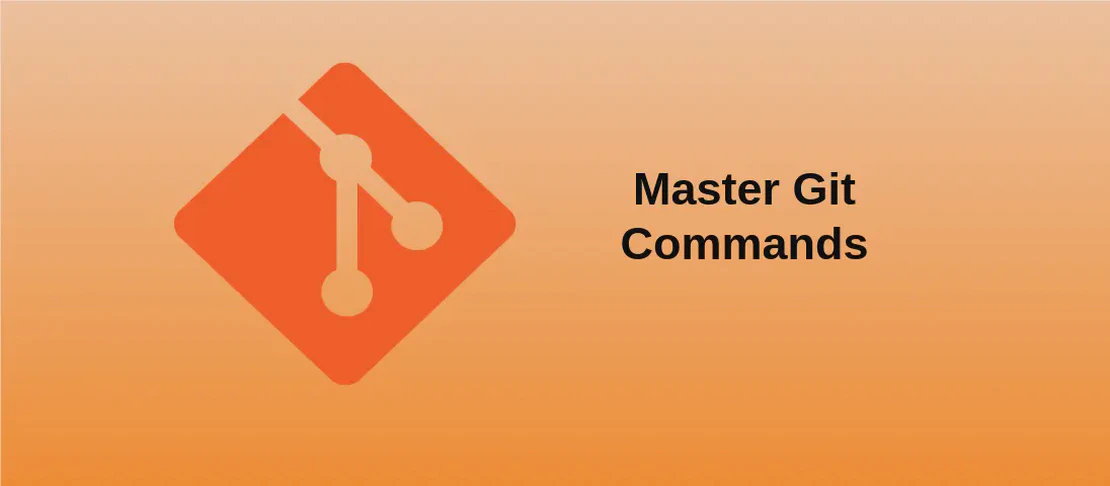
Exploring the 'Get-NodeVersions' Command in PowerShell (with examples)
The Get-NodeVersions command is a powerful utility for developers who use Node.js in their projects and manage multiple versions of Node.js through PowerShell. Part of the ps-nvm module, this command allows users to list and manage both installed and available versions of Node.js. Whether you’re maintaining an older project or testing the latest features of Node.js, this command keeps it simple to switch between Node.js environments efficiently. Learn more about it at the ps-nvm GitHub page
.
Use case 1: Listing All Installed Node.js Versions
Code:
Get-NodeVersions
Motivation:
When working on multiple projects, it’s common to have several versions of Node.js installed on your machine. Each project might have different dependencies that require a specific Node.js version. Knowing exactly which versions are installed helps maintain project stability and avoid potential version conflicts. Moreover, this command serves as a quick check-up tool for developers to see if they have the necessary Node.js versions required for their projects before diving into their work.
Explanation:
- The command
Get-NodeVersionswithout any additional arguments is used to list all the Node.js versions currently installed on your system. It gives you a complete inventory of what is available for immediate use locally.
Example Output:
Installed Node.js Versions:
- v14.17.0
- v16.6.1
- v18.10.0
Use case 2: Listing All Available Node.js Versions
Code:
Get-NodeVersions -Remote
Motivation:
Keeping up with the latest Node.js releases is crucial for developers targeting new features or needing the latest security patches. Sometimes, newer versions are required to support modern JavaScript features or to improve performance. This command enables developers to stay informed about all the available Node.js versions that can be installed, providing an opportunity to update their runtime environment when necessary.
Explanation:
- The
-Remoteargument is used withGet-NodeVersionsto query a list of all Node.js versions available for installation, not just those that are installed locally. It essentially connects to the remote repository where Node.js versions are hosted and fetches a list of options available for download.
Example Output:
Available Node.js Versions:
- v12.22.9
- v14.18.3
- v16.13.1
- v18.1.0
- v20.0.0
...
Use case 3: Listing All Available Node.js 20.x Versions
Code:
Get-NodeVersions -Remote -Filter ">=20.0.0 <21.0.0"
Motivation:
With Node.js’s rapid pace of development, it’s often necessary to pin down to a specific major version range that includes only the desired minor and patch updates without accidentally jumping to a new major version. This use case can help developers who are focused on the latest features introduced in Node.js version 20.x, ensuring compatibility and performance, without getting into changes or potential issues that might come with version 21.x.
Explanation:
- The
-Remoteargument functions the same as before, accessing the list of all available Node.js versions from the remote repository. - The
-Filterargument is a powerful option that allows specifying a version range, in this case">=20.0.0 <21.0.0". This filter helps narrow down the results to show only those versions within the specified constraints, which is particularly useful for targeting specific major version updates or releases.
Example Output:
Available Node.js 20.x Versions:
- v20.0.0
- v20.1.0
- v20.2.5
- v20.8.0
Conclusion:
The Get-NodeVersions command in PowerShell, part of the ps-nvm module, is an essential tool for any Node.js developer who wants quick access and control over different Node.js versions. It simplifies version management by allowing instant checks on installed versions, exploring new releases, and filtering specific major versions available for installation. Such versatility helps in maintaining project compatibility and ensuring the use of the latest Node.js features efficiently.


